Colorado Springs' Air Force Academy
Subscribe Now!The Air Force equivalent of West Point may be just a stone's throw from Colorado Springs, but for basics at the academy, there is still a long blue line to walk before they can earn their wings.
(This story originally appeared in the May/June 2013 CL issue of Colorado Life Magazine)
SINCE THEY FIRST received the white caps of their dress uniforms four years ago, the cadets of the U.S. Air Force Academy’s graduating class have dreamed of the moment they could chuck those hats straight into the air. That moment will soon be upon them.
Their blue jackets, white pants and gold sashes in immaculate order, the newly sworn-in second lieutenants will march into Falcon Stadium for graduation. The stadium, in the shadow of the Rockies just north of Colorado Springs, will fill with dignitaries and thousands of family members. After receiving their diplomas and listening to the commencement address, they will be formally dismissed from the ceremony to begin their careers as Air Force officers.
Then comes the dramatic finale, as 1,000 caps go sailing into the sky in celebration. The cadets will never see those hats again. Why bother to retrieve them? They won’t be part of any uniform they’ll need in the Air Force. While the graduates embrace each other and seek out friends and family in the crowd, a mass of children swarms the field to collect the discarded caps – one per child. In addition to the fine souvenir, many kids will find a little surprise tucked inside each cap’s headband: $20.13, to commemorate the Class of 2013.
THE BEAST The pomp and ceremony of graduation couldn’t be more different from the bewildering experience that is Inprocessing Day, the incoming class’ first day at the academy. They arrive as teenagers just a few weeks removed from high school and still dressed in jeans and T-shirts. At this point, they’re simply known as “basics” – they have to earn the right to be called “cadet,” and it won’t be easy.
The break with civilian life comes as soon as they board the bus at Doolittle Hall. As the bus starts rolling toward the cadet area, a member of the training cadre, an imposing upperclassman in white gloves and a blue beret, rises from his seat in the first row.
“Everyone in this bus!” he bellows in a hoarse rasp. “All eyes on me.”
The basics comply at once.
“Sit up straight! Put your hands on your knees, look at me and do not move!”
It will be a quick ride for these passengers, but one forever seared into their memories. And though the basics have already gone through a lot in choosing the academy – compiling sterling academic credentials, winning endorsements from members of Congress – they still have another important decision to make.
“If you want to choose mediocrity, do not insult my cadre or the Long Blue Line by exiting this bus,” the upperclassman says. “If you are not a person of absolute integrity, stay on my bus! If you are not willing to sacrifice for your country, stay on my bus! If you accept the minimum as your personal standard, stay on my bus!”
The captive audience reflects on this – silently, of course – as the bus ride ends.
“But, basics, if you are ready to dedicate yourselves to something greater than us all, to selflessly develop yourself as a warrior and to fight for this great nation, then basics, pick up your bags and get off my bus!”
They all charge off to be greeted by the rest of the training cadre, who correct the new arrivals’ posture and demeanor with commands barked inches from their faces. The young men get buzz cuts, and women have two minutes to put their hair into buns if they don’t want it cut to a regulation above-the-collar do.
This is just the beginning of six weeks of Basic Cadet Training. It’s known as BCT for short, but most people simply call it “the Beast.” If someone is going to drop out of the academy, they usually do it during second half of this boot camp, called “Second Beast,” when the basics do intense combat training in Jacks Valley on the academy grounds. They live in tents, fire rifles, run obstacle courses and do a lot of punitive push-ups when they mess up.
“We’d wake up at 4 o’clock in the morning,” cadet Chad Sufficool said. Well, it was early, anyhow – he’s not sure of the exact time. “We weren’t allowed to have a watch,” he admitted. “But I had a friend whose squadron made a sundial and hid it behind a tent.”
Second Beast is stressful, but it’s also a time when strong friendships are forged. Sufficool met his two roommates during their time in Jacks Valley. They were battle buddies, never allowed to be more than four feet apart at all times – for three weeks.
“When you’re together like that, you learn to get along and become insepara-ble, or else there’s tension,” Sufficool said. “It helps you become less selfish, thinking what you need to do to better your team, as opposed to just you.”
Sufficool, a former track standout at Colorado Springs’ Cheyenne Mountain High School, made it through the physical stress of Second Beast. But, like his fellow new cadets, he found a different sort of stress awaited him once the academic year began. At a civilian college they’d be called freshman; at the academy they’re known as fourth-class cadets, or, less formally, “doolies” or “smacks,” and the rules for them are strict.
Subscribe to Colorado Life Magazine and receive thoughtful stories and beautiful photography featuring travel, history, food, nature and communities of Colorado.
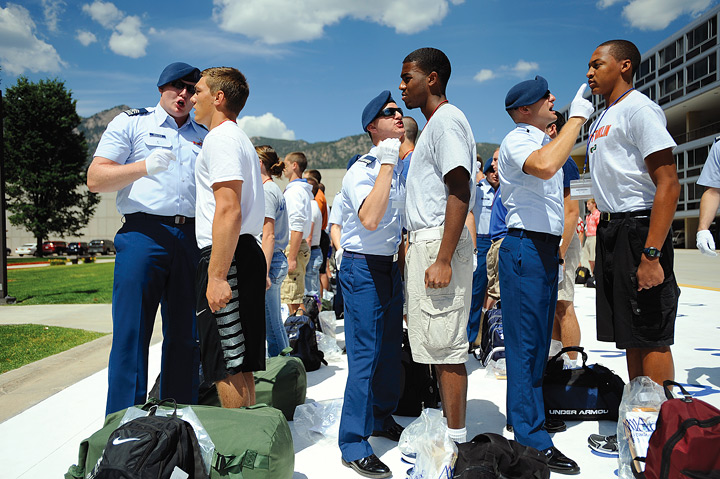
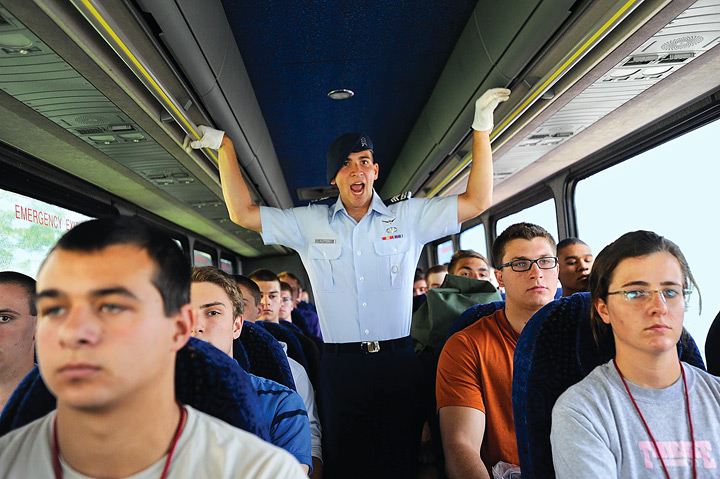
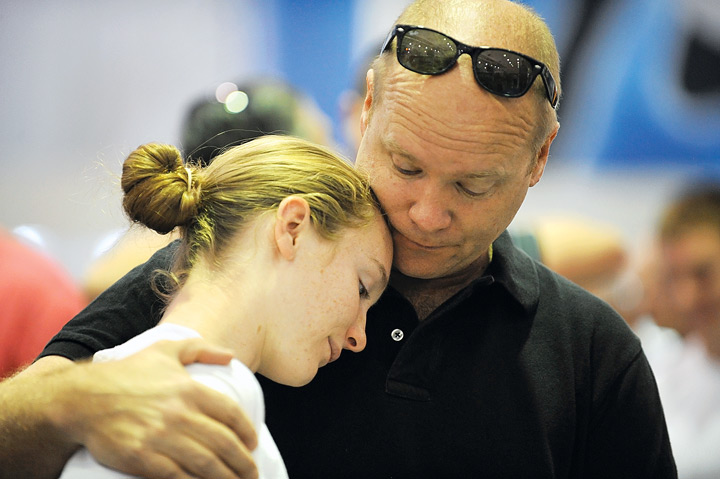
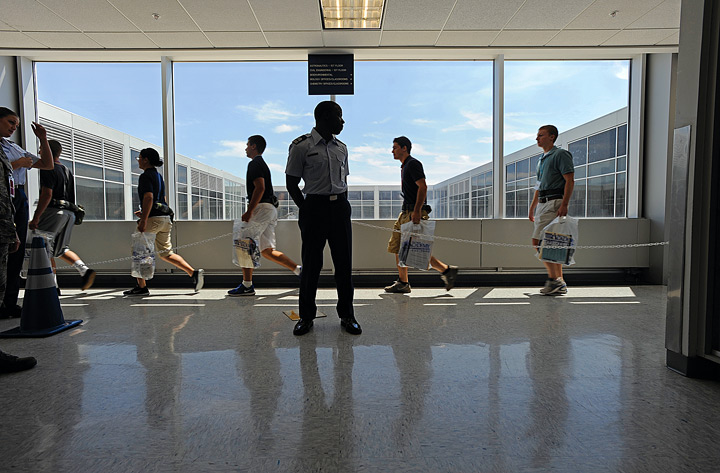
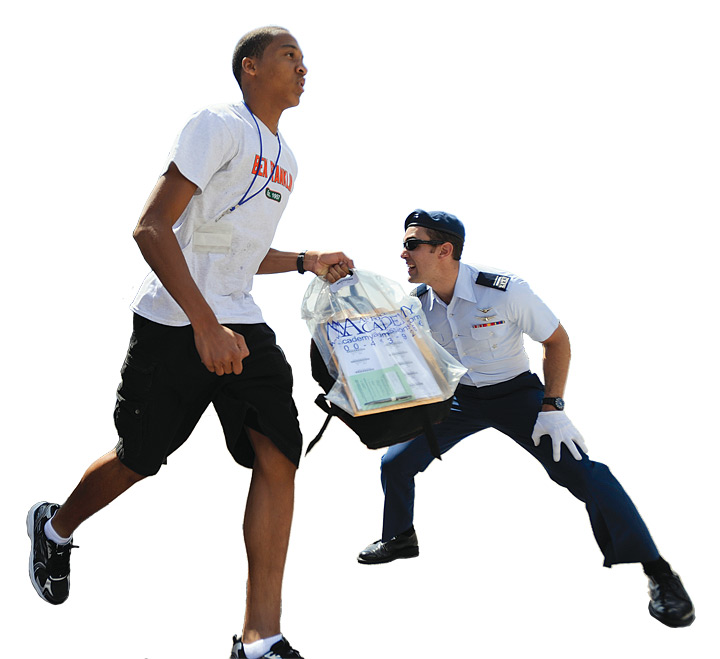
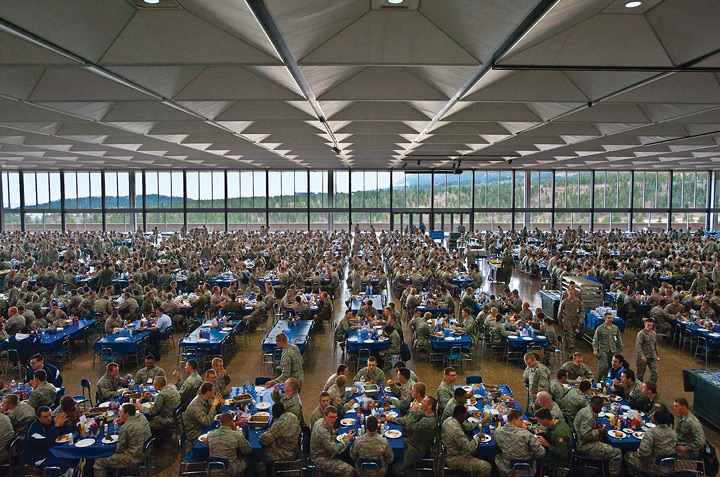
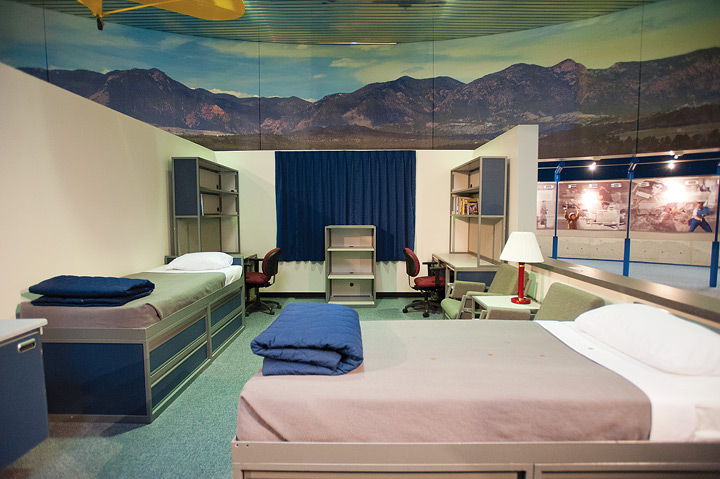
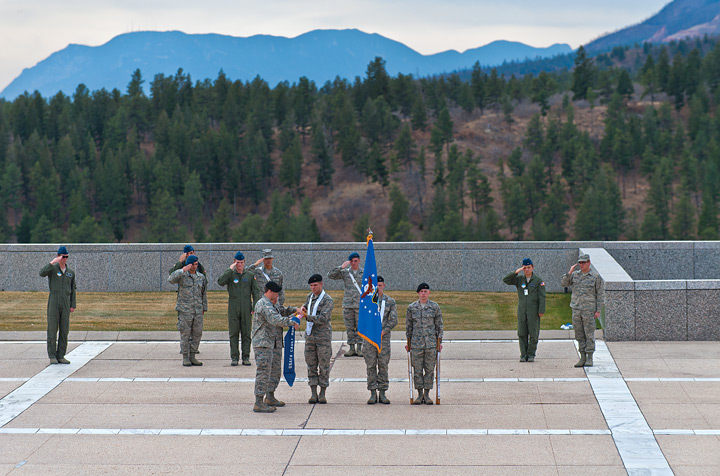
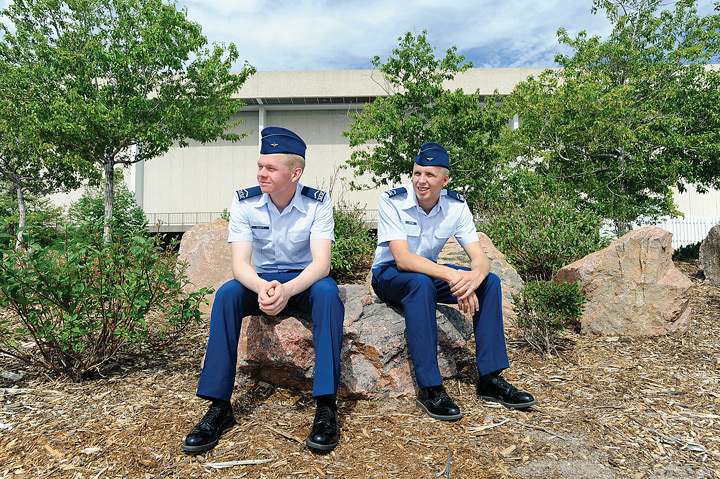
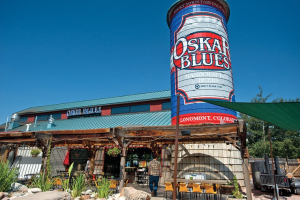


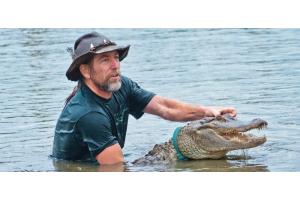
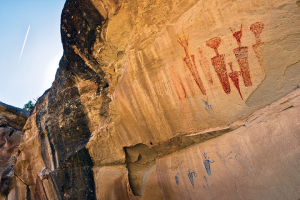
The information below is required for social login
Sign In
Create New Account